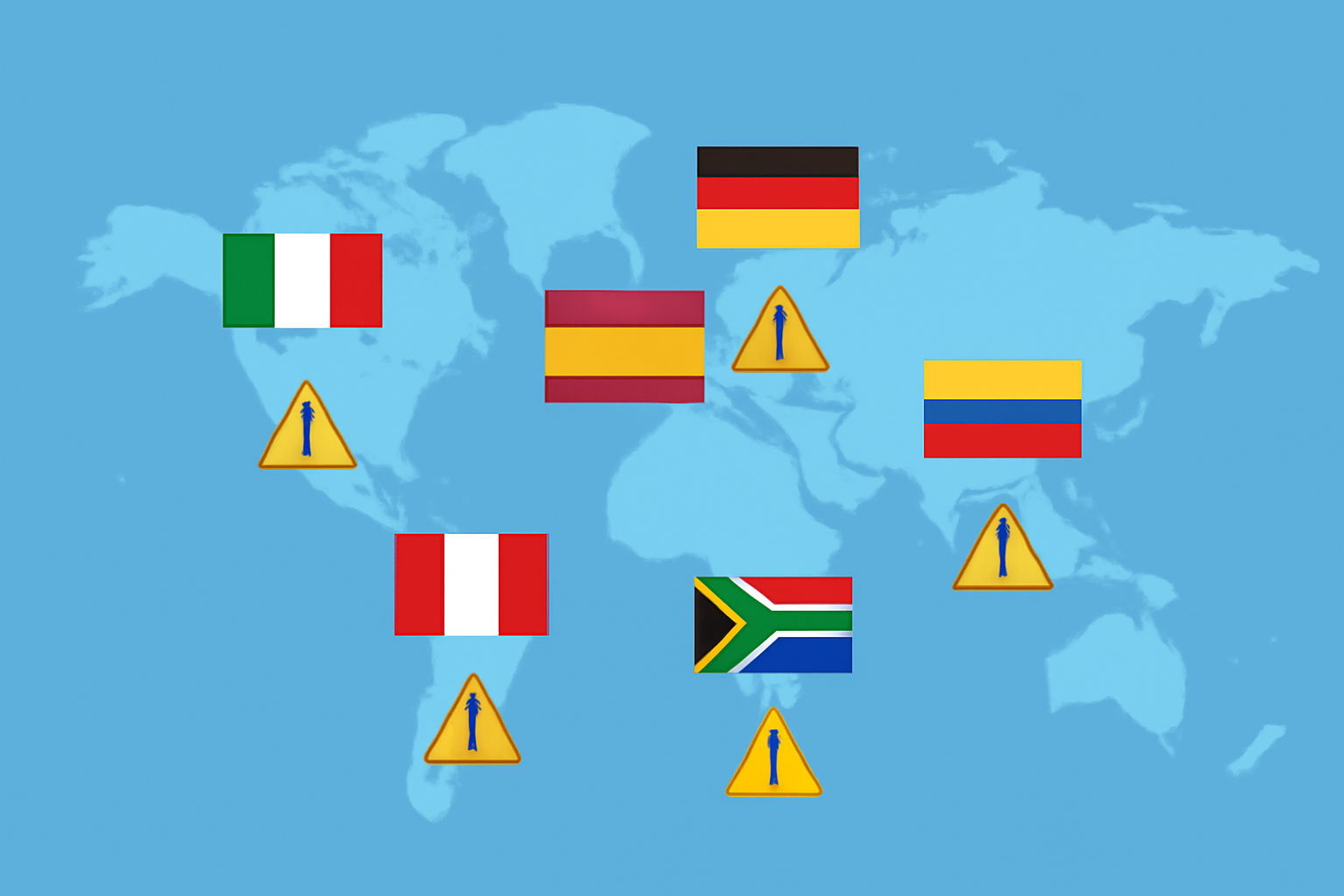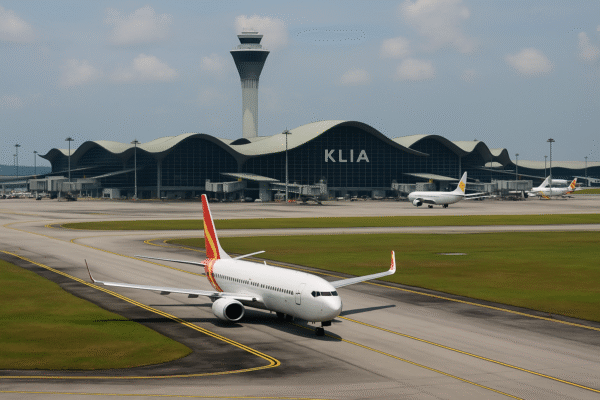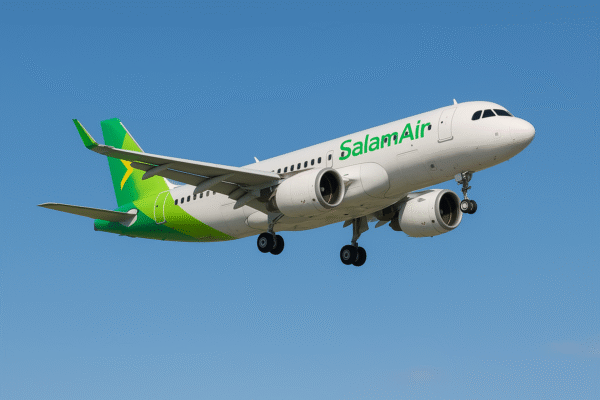Greece Tourism Sector Achieves Record Revenues in First Half of 2025
Greece’s tourism industry showcased strong performance in the first half of 2025, with revenues soaring by 11% year-on-year to approximately €7.66 billion, according to provisional data released by the Bank of Greece. This significant revenue growth was fueled primarily by higher visitor spending, even as the total number of arrivals saw only marginal increases.
Higher Spending Drives Growth
Despite a modest 0.6% rise in international arrivals, from around 11.63 million visitors in early 2024 to 11.69 million in 2025, the average spending per tourist increased sharply. The average expenditure per trip rose by 10.1%, reaching approximately €623, compared to €565 during the same period last year.
This boost in per-visitor spending indicates a shift toward high-value tourism, with visitors prioritizing quality experiences, luxury accommodations, and premium services during their stays.
June 2025: Spending Resilience
The month of June alone reflected this trend. Even with a 1.7% drop in arrivals, travel receipts climbed 8.8% compared to the same month in 2024. This demonstrates how Greece’s focus on attracting higher-spending travelers is paying dividends, particularly in competitive European markets.
Travel Balance Surplus Strengthens
The travel services surplus — a key economic metric — reached €5.99 billion in the first six months of the year, up from €5.55 billion during the same period in 2024. This indicates that tourism continues to be a strong contributor to Greece’s economy, helping to balance trade deficits and support other sectors such as retail, transport, and hospitality.
Revenue by Source Markets
Revenue growth was seen across nearly all key markets:
- European Union (EU-27) markets generated around €4.07 billion, up 8.5% year-on-year.
- Non-EU markets performed even better, with a 13.7% increase, totaling approximately €3.21 billion.
- Eurozone visitors contributed €3.29 billion (+7.7%), while visitors from EU countries outside the Eurozone spent €779.1 million (+12.4%).
Top Spending Countries
- Germany remained the largest source market for Greece, generating €1.37 billion, a 13.5% increase from last year.
- The United Kingdom followed with €1.08 billion, up 7.3%.
- The United States stood out with the strongest growth, contributing €704.3 million, a surge of 29.4% year-on-year.
- Italy generated €344.7 million, marking a 9% increase, while France saw a more modest rise of 2.1%, with revenues reaching €455.9 million.
American tourists were notable for their higher spending per trip, averaging over €1,000 per visit, highlighting the appeal of Greece to premium international travelers.
Visitor Arrivals and Travel Preferences
Total arrivals during the first six months of 2025 reached 11.69 million, up slightly from the previous year. However, travel patterns revealed some significant shifts:
- Air arrivals increased by 4.9%, reflecting greater flight connectivity and traveler preference for convenience.
- Road arrivals, often associated with budget travelers from neighboring countries, fell sharply by 13.1%.
When broken down by origin:
- Arrivals from EU countries declined 6.3% overall, with drops particularly visible in France and some Central European markets.
- Arrivals from non-EU markets grew 10.5%, with significant increases from Germany (+4.7%), the UK (+11%), and the US (+20%).
This data confirms a strategic shift toward long-haul, high-value tourism that supports greater economic returns per visitor.
Economic Impact of Tourism
Tourism continues to be a cornerstone of Greece’s economy. According to the Bank of Greece, net receipts from travel services offset 35.4% of the goods trade deficit and contributed an impressive 81.6% of the country’s total net service receipts during the first half of 2025.
This underscores the sector’s importance not only for national revenue but also for sustaining employment, fostering infrastructure development, and driving growth for local businesses across the islands and mainland destinations.
Drivers of Growth
Several factors have contributed to this revenue surge:
- Shift toward premium travelers: Tourists are spending more on experiences such as luxury stays, private tours, and high-end gastronomy.
- Enhanced connectivity: Expanded flight networks, particularly from the United States and major European hubs, have made Greek destinations more accessible.
- Strategic marketing: Greece has successfully positioned itself as a year-round destination, appealing to diverse traveler demographics including cultural tourists, digital nomads, and adventure seekers.
- Global economic factors: Rising disposable incomes in key markets and favorable exchange rates have also supported higher spending levels.
Outlook for 2025 and Beyond
With record-breaking figures in the first half of the year, Greece’s tourism sector is expected to maintain its upward trajectory throughout the remainder of 2025. High demand from North America, stronger interest from Asian markets, and ongoing efforts to promote sustainable tourism are expected to further enhance revenues.
Experts forecast that 2025 could close with all-time high earnings, provided that current spending trends continue and that geopolitical and economic conditions remain stable.
Conclusion
Greece’s tourism industry continues to demonstrate remarkable resilience and growth. By prioritizing quality over quantity, the country has successfully increased revenue and strengthened its position as a top-tier global destination. With higher visitor spending, strategic investments, and a focus on sustainable, premium experiences, Greece is poised to sustain its momentum well into the future.
For more travel news like this, keep reading Global Travel Wire

















